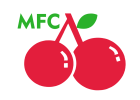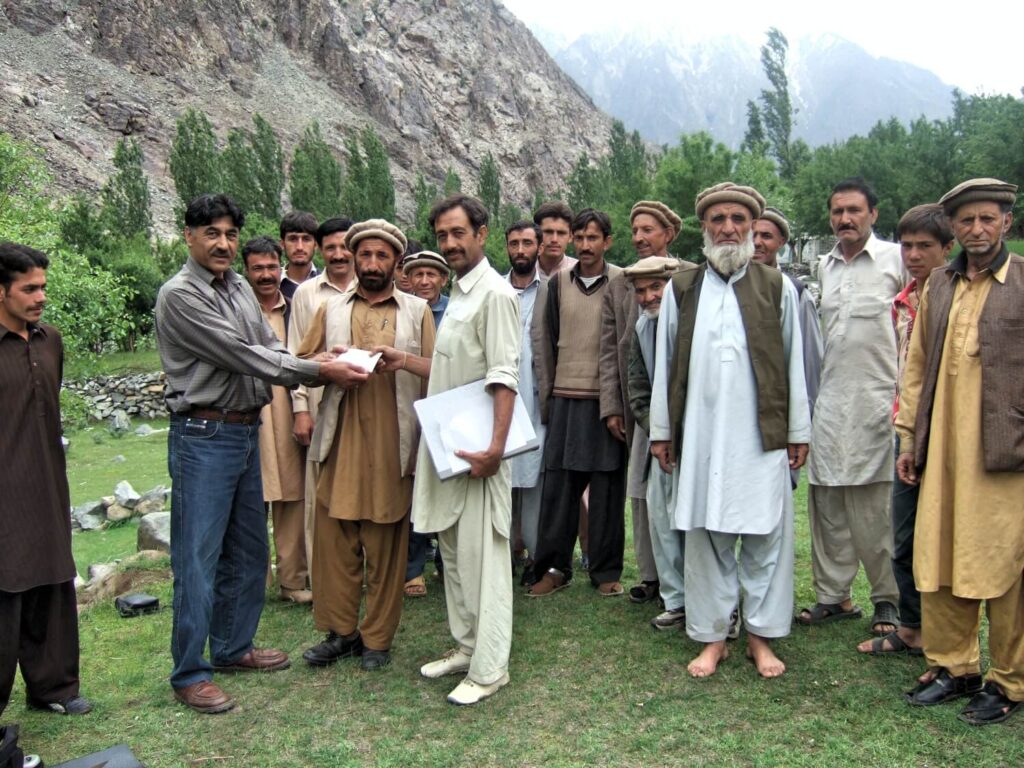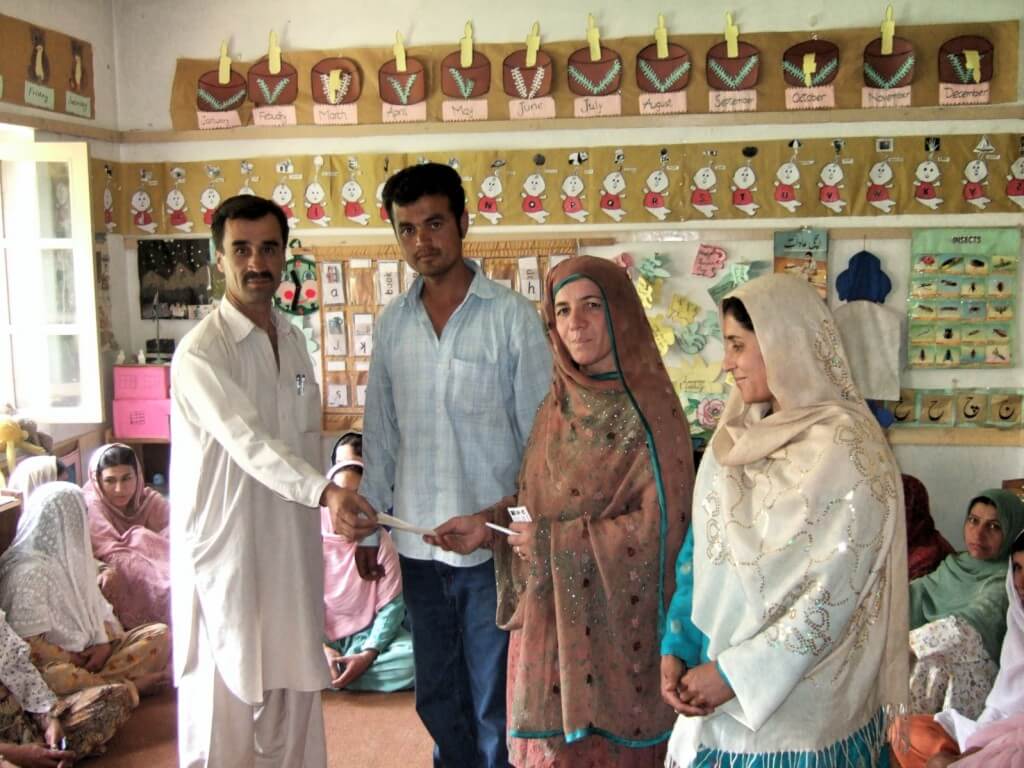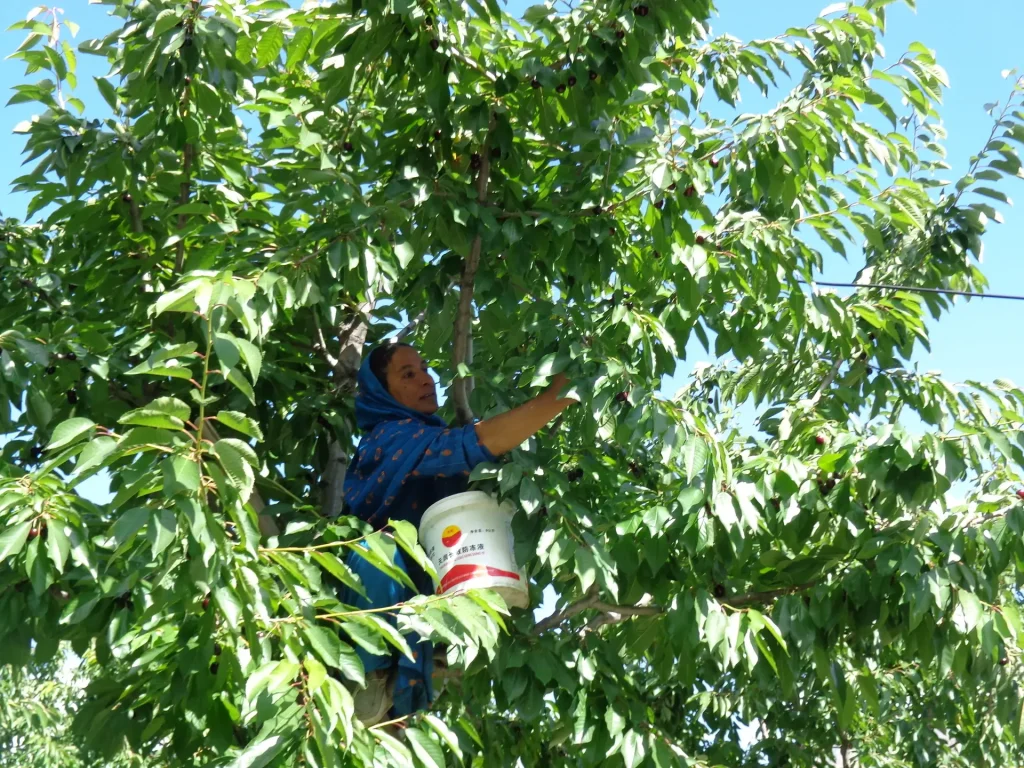Fairtrade Farming Community
Over 90 percent of the population in Gilgit–Baltistan is primarily dependent on agriculture for subsistence, especially fruit trees that are grown organically. People grow several indigenous varieties of apricot, almond, walnut and cherry. The fruit being non-GMO and non-hybrid are unique in taste and richer in nutrients. The water for irrigation is sourced from nearby glaciers digging channels in the mountains. Mountain Fruits has organized the local farmers into a legal entity, the Mountain Area Fruit Farmers’ Association. The small farmer groups consisting of 10-40 farmers elect their fairtrade representative as a member of the farmers’ association. The farmers’ association makes collective decisions regarding pricing, use of fairtrade premium, prepares annual development plan, holds AGM and conducts financial audit yearly. The female membership in the association has been decreased due to the decline in demand for produce in the aftermath of COVID-19 pandemic and Brexit.




